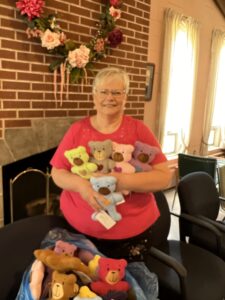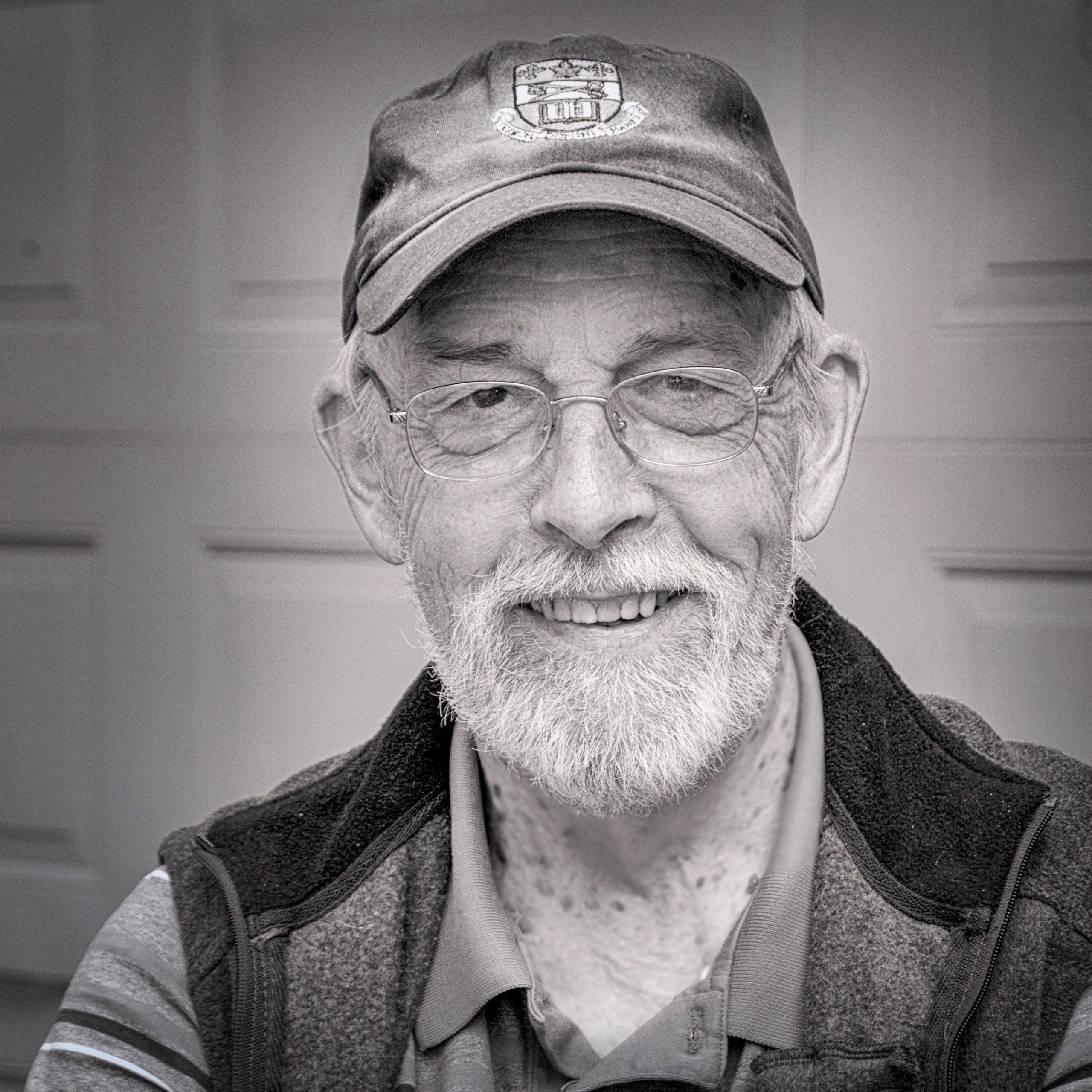Churches are often confused when it comes to “being missional.” What does it mean? We run a food bank out of the church, we sponsored a refugee family last year, and we put out materials from the Primate’s World Relief and Development Fund (PWRDF) regularly. Doesn’t that count as missional? What more do you want, for goodness’ sake?
Those are all good things, of course. The world would be a much poorer place if churches didn’t do things like that. We certainly shouldn’t stop doing them!
The number one missional skill
But there is a skill that is much talked about in missional circles that can change our attitude to “being missional.” In one way it is the simplest thing in the world, a skill we learned in our earliest infancy. In another way, it is the hardest thing to learn. The number one lesson is being missional is: listening. Specifically, listening for God—or at least learning to listen for God.
But exactly how do we listen?
One easy way to begin is to go and talk to leaders in the community—the police, school principals, city councilors, and community associations, for example—and ask them what they are seeing in their work. Having asked the question, we then listen. And sometimes that is how we hear God, and it becomes clear what we are supposed to do.
In some instances, the thing we are to do involves rethinking what our church is doing already. At other times, listening leads to starting a new Christian community—a fresh expression of church—outside the walls.
Here’s a story about the first kind of listening for God—the kind that leads to a change in the ministry of an existing church—and what happened next. I heard it from my friend, Kevin Martin, who used to be the dean of the cathedral in Dallas, Texas. He told the story at a conference in Niagara a few years back, and I retell it here in his words, with his permission, because it is a lovely story of listening for God—and the remarkable results.
Talking to the police
We suggested to our small churches, with fewer than fifty members, that they should find a mission outreach that all members could work with, and by which they could become known in the wider community. A church in deep east Texas heard me say this and my suggestion that a place to start was to interview the local police chief. Two women decided to do this.
At first, the chief listened politely to these grey-haired senior ladies and told them he couldn’t think of any particular need. Then he added, “Wait, does either of you sew?” When they inquired why, he said that their teddy bear needed repairing. They volunteered to do it—but then asked, reasonably enough, why the police force needed a teddy bear.
The chief explained that in Texas, when the police are called to a domestic dispute, one of the adults is probably going to be taken to jail. Often in the turmoil, there are small children and, since the police don’t have time to deal with them, they stick the kids in the back seat of a patrol car and give them their one teddy bear to hold.
St. John would be pleased
The women not only repaired the bear but told the chief that any time they needed a grandparent type, any hour of night or day, to call them, and they would come and sit with the kids and give them their own teddy bear. The chief agreed and soon the whole church was making teddy bears, delivering them, and showing up even in the middle of the night to be with and comfort the children. They became known as the teddy bear church.
East Texas is a highly segregated area where blacks and whites live literally on the opposite sides of the railroad tracks that divide the small towns. One day a black family arrived at the church, almost unheard of in their community of black and white churches. At the coffee hour, the father explained that he had been drinking and turned on his wife. The police came, and he went to jail. He got into Alcoholics Anonymous (AA) and got sober, and the family decided they needed a church. They decided, he said, to go to the teddy bear church where—he pointed—”those two ladies comforted our children and gave each a teddy bear.”
I still cry when I tell this although this happened over twenty years ago. The church’s name on their sign is St. John’s. In the community, they remain “The Teddy Bear Church.” Personally, I think St. John would approve.
 Davy Bears Offer Care & Comfort in Difficult Times
Davy Bears Offer Care & Comfort in Difficult Times
Beginning in 2019 and growing out of the parish’s prayer shawl ministry, parishioners at St. David’s were moved to do something special for the children or even adults that could use a little comfort during difficult times. A first batch of 25 Davy Bears – named after the parish – were delivered to Family and Children’s Services (FACS)in St. Catharines. Since then, the parish has delivered bears to FACS Welland, the Welland Fire Department, and area hospitals, coordinated by parishioner Judy Szalinski (pictured with a few of the bears). To date, more than 700 Davy Bears have been lovingly made, blessed and gratefully received by community partners.


Resurrection of Hope in Thundering Waters